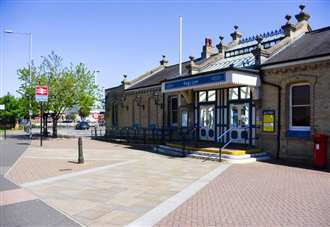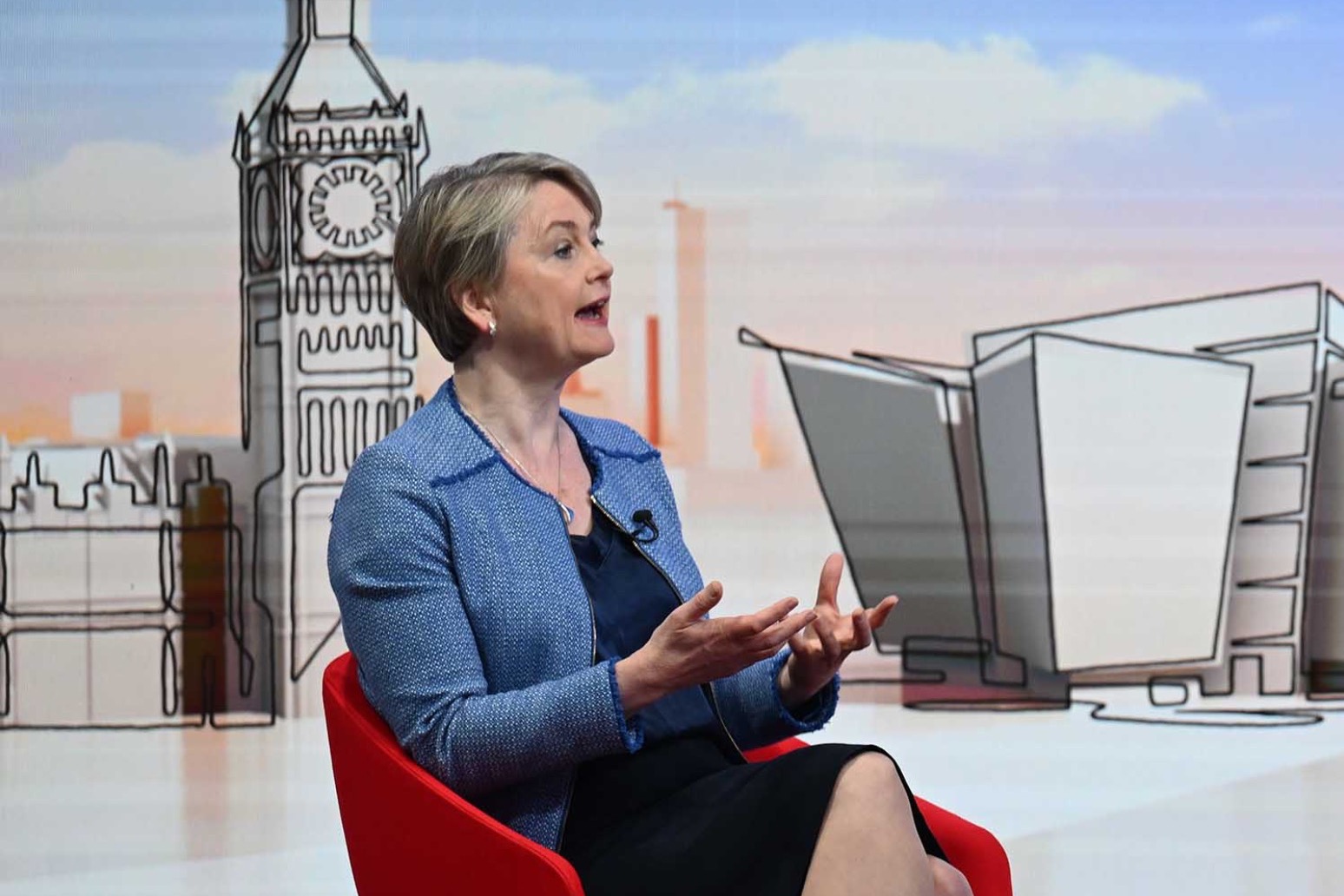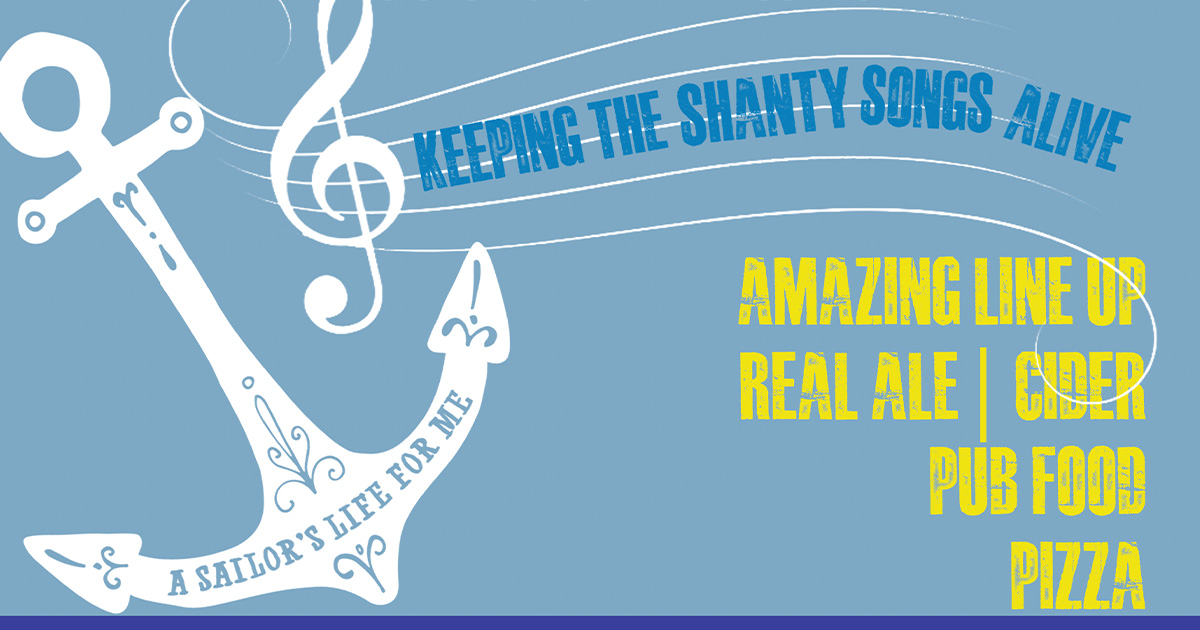
Campaigners will be joining forces in Lynn tomorrow as they call on rail operators to reverse plans to close ticket offices.
It comes after the Rail Delivery Group confirmed proposals last week to close almost all but the busiest facilities.
A public consultation has been launched on the plans, which would see both Lynn and Downham rail stations lose their ticket offices and instead have employees move onto concourses in a bid to make them “more visible and accessible”.
But the proposals have been called a “step backwards” by Lynn and District Trade Unions Council (TUC) secretary Jo Rust.
She said: “This plan will have a terrible impact on the safety of women travelling alone as make it far harder for those with disabilities to access the support they need to travel.
“It’s a step backwards and will do nothing to address safety fears of travellers.
“It also has the potential to impact on jobs and job security. We’ve been fighting against a reduction of rail services for years, but the Rail Delivery Group and a right-wing government are intent on increasing profits and reducing safety.”
Campaigners from the area’s TUC and trade union members from the wider community will be coming together at Lynn rail station in support of the ticket offices both tomorrow and on Tuesday next week.
A statement from Lynn and District TUC said: “Plans to slash ticket offices will seriously impact on RMT (the National Union of Rail, Maritime and Transport Workers) members’ jobs as well as the travelling public.
“This needs to be stopped and reversed.”
Protestors will be at the rail station from 7.30am on Thursday, and, due to industrial action taking place on Tuesday, July 18, a later time of 9.30am.
Currently, the ticket office is open at Lynn rail station on weekdays between 5.30am and 8pm, Saturdays 5.30am to 7.30pm and Sundays 7.50am to 5pm.
It is proposed that it would instead have ticket assistance hours between 5.45am and 10.20pm on weekdays, 5.45am to 10.20pm on Saturdays and 9.45am and 5.20pm on Sundays.
At Downham rail station, the ticket office is currently open on weekdays between 6am and 5.10pm, Saturdays between 7am and 1.30pm, and closed on Sundays.
The proposals would see this change to ticket assistance hours with the same schedule.
The Rail Delivery Group’s plans have put almost 1,000 ticket offices at risk up and down the country
Under the plans, which are now subject to a consultation until July 26, ticket office staff would be moved to platforms to “modernise customer service”.
At present around 12% of all train tickets are purchased via ticket offices – albeit those opposed to the plans argue that staff based within the service also help offer advice, accessibility and other assistance to travellers.
Vivienne Francis, from the Royal National Institute of Blind People (RNIB), said: “A mass closure of rail ticket offices would have a hugely detrimental impact on blind and partially sighted people’s ability to buy tickets, arrange assistance and, critically, travel independently.”
If the closures go ahead, passengers would be left needing to buy their tickets either online, at a machine or via a tap in and tap out service if available at the platform.
There are 1,007 stations in England run by train companies operating under contracts issued by the UK Government. Following the consultation, the government will make the final decision on which ticket offices could be axed and which may remain open.
In announcing the plans, Rail Delivery Group chief executive Jacqueline Starr said the way that passengers used the railways was changing.
She said: “The ways our customers buy tickets has changed and it’s time for the railway to change with them.
“With just 12% of tickets being sold from ticket offices last year, and 99% of those transactions being available on TVMs (ticket vending machines) or online, our proposals would mean more staff on hand to give face-to-face help with a much wider range of support, from journey planning, to finding the right ticket and helping those with accessibility needs.
“Our commitment is that we will always treat our staff, who are hugely valued and integral to the experience our customers have on the railway, fairly, with support and extra training to move into new more engaging roles.
“We also understand that our customers have differing needs, which is why the industry widely sought the views of accessibility and passenger groups when creating these proposals, and will continue to through the consultation.”














